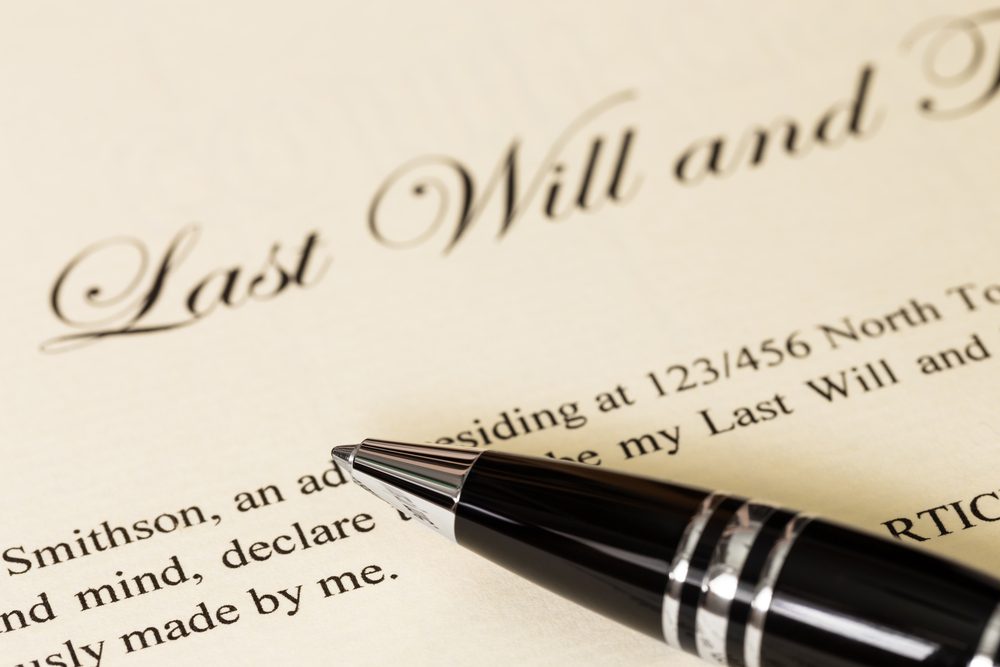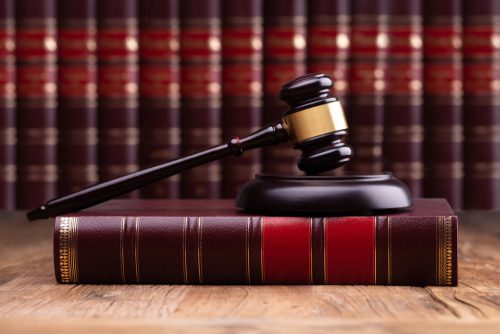In an earlier post here on the blog, we discussed the steps you should take to begin probating an estate in Pennsylvania. Today we’re picking up where we left off to let you know what you can expect once the probate process is underway.
It’s true that probate can be a time-consuming and expensive process, and it’s important to approach the responsibility in an organized manner. Once you’ve worked through all of the preparatory steps and paid the filing fee, it’s time to get down to the business of probate.
Don’t forget to stay organized, and remember that you can consult an attorney at any time for help if you get stuck. Just because you have not worked with an attorney from the beginning does not mean that you can’t call for a rescue if you run into trouble with creditors, family members, or anything else about the probate process.
Here’s what will happen next now that probate is open.




